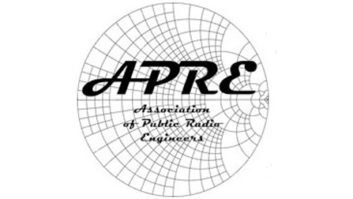Suppliers and technical advisory groups are reminding the industry that Daylight Saving Time starts earlier this year.
DST starts at 2 a.m. on the second Sunday in March, March 11 this year. It ends later, too, this year on Nov. 4.
NAB’s Radio TechCheck reminded readers, “Some operating systems may have automatic software updates that change the date for the DST shift and others may not. Windows-based systems may or may not have been patched (some were on or about Feb. 13) depending on the version and your support agreements. Note that Windows XP SP1 and NT 4 and many earlier versions of Windows are no longer supported by Microsoft.” It noted that Blackberry devices will be affected too.
Manufacturer RCS, part of Clear Channel, posted a notice about how the time change affects users of its Selector and Master Control systems.
The Traffic Directors Guild of America noted that the change leaves stations open to glitches on March 11 and again in April. It advised its members, who handle program logs, to take note.
“The concern this year is that many of the clock-controlled automation systems have been pre-programmed for years to perform that … task in April, not the new ‘second Sunday of March,’” it wrote. “Depending on the upgrades from software programmers, it’s possible your traffic and automation will simply perform the changeovers in a seamless maneuver, requiring little or no input from traffic or operations. Or, if not addressed, you might find the systems completely ignore the move-clocks-forward-one-hour command on March 11 and instead perform that task on April 1, providing a legitimate April Fool’s Day joke completely unexpected.”
CEO Larry Keene called it “a highly predictable concern for stations with earlier models of traffic software and/or digital playback automation systems designed before Congress legislated the date changes.” TDGA also pointed users of Microsoft Windows to a support site.







